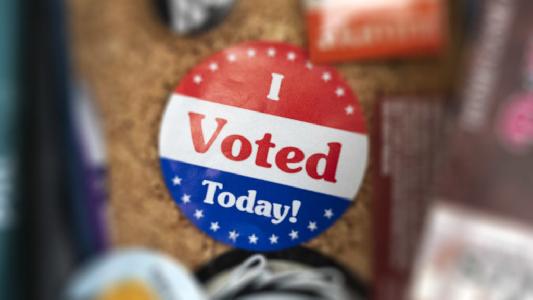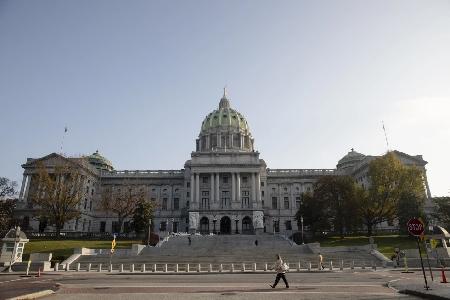
The 2012 Philadelphia Code for America fellows: (left to right) Michelle Lee, Alex Yule and Liz Hunt.
Philly’s second (and final, for now, at least) Code for America fellowship is now over.
The three local fellows — Michelle Lee, Alex Yule and Liz Hunt — were tasked with the mission of working with city government to figure out what kinds of innovative solutions they could build to make Philly more efficient and transparent. The city paid $50,000 for the privilege of having fellows, said Code for America spokeswoman Lauren Reid, down from last year’s $225,000. The rest of the funding came from foundations, Reid said. [Updated, see below]
As we did for the first class of fellows, what came from this group?
The fellows worked on four main projects, but city officials have said that their impact could also be felt in ways that were less tangible and more attitude and ethos-driven.
For one, the fellowship’s focus on a public-private partnership and startup mentality helped create a space for the Mayor’s Office of New Urban Mechanics to get up and running, said the office’s co-director Story Bellows. It also widened Philly’s connections to other cities, as well as the local tech community, said Bellows and co-director Jeff Friedman. And there’s also the local arm of national Code for America Brigade, which aims to carry on Code for America’s mission after the fellowship has ended.
Chief Innovation Officer Adel Ebeid also said that because of Code for America’s national position, the fellows’ partnership with the Office of Innovation and Technology brought a “certain level of credibility” that helped facilitate projects with other city agencies.
Below, we recap the four projects on which the fellows worked. Read about the impact of the inaugural fellowship in Philly here.
- Textizen — Lee and Yule worked on this texting-based civic engagement tool that Bellows and Friedman called the “breakout hit of this cycle.” It aimed to solicit input from citizens about possible city projects. More than 700 people responded to questions posed in the pilot phase of Textizen, and the fellows have plans to scale the tool to different cities and organizations.
- Neighborhow — Hunt led this project, a neighborhood wiki, which has been described to us as an “Apartment Therapy for civic action.” It soft-launched in October and is still focused on collecting content for the site. Topics on the site currently include: how to install a bike rack outside your business and how to organize a block party.
- Cityhow — A spinoff of Neighborhow, Cityhow is an internal wiki for all 26,000 employees of the City of Philadelphia. It aims to answer deceptively simple, administrative questions like, how do you hold a press conference? Or how do you reserve a room for a meeting? The Mayor’s Office of New Urban Mechanics is currently working on populating the wiki with content.
- Where’s My SEPTA? — In a partnership with SEPTA, the local fellows worked on this project to market locally-built transit apps to the public, rather than just the tech community. In just one week of the campaign’s existence, one of the apps saw 1,000 percent growth.
As far as measuring the fellowship’s impact in terms of scale and how many Philadelphians used these tools, it may be still too soon to say. Bellows and Friedman both said that both Neighborhow and Cityhow were in such early stages that it’s not possible to measure their impact yet.
As for Textizen, the interest seems to be there, at least in terms of scaling outside of Philadelphia — Bellows and Friedman said over 100 cities are interested in the tool. It’s now a matter of implementing it.
Ultimately, Ebeid said he would like a “more formal way” of measuring the impact on innovation. He acknowledged that most of the information about the impact of these tools is anecdotal but said he’d like to get a hold of “some hard data that shows we’re going in the right direction.”
Updated 7:50 p.m. 12/11/12 to add more details on the cost of this year’s fellowship.
Before you go...
Please consider supporting Technical.ly to keep our independent journalism strong. Unlike most business-focused media outlets, we don’t have a paywall. Instead, we count on your personal and organizational support.
Join our growing Slack community
Join 5,000 tech professionals and entrepreneurs in our community Slack today!




